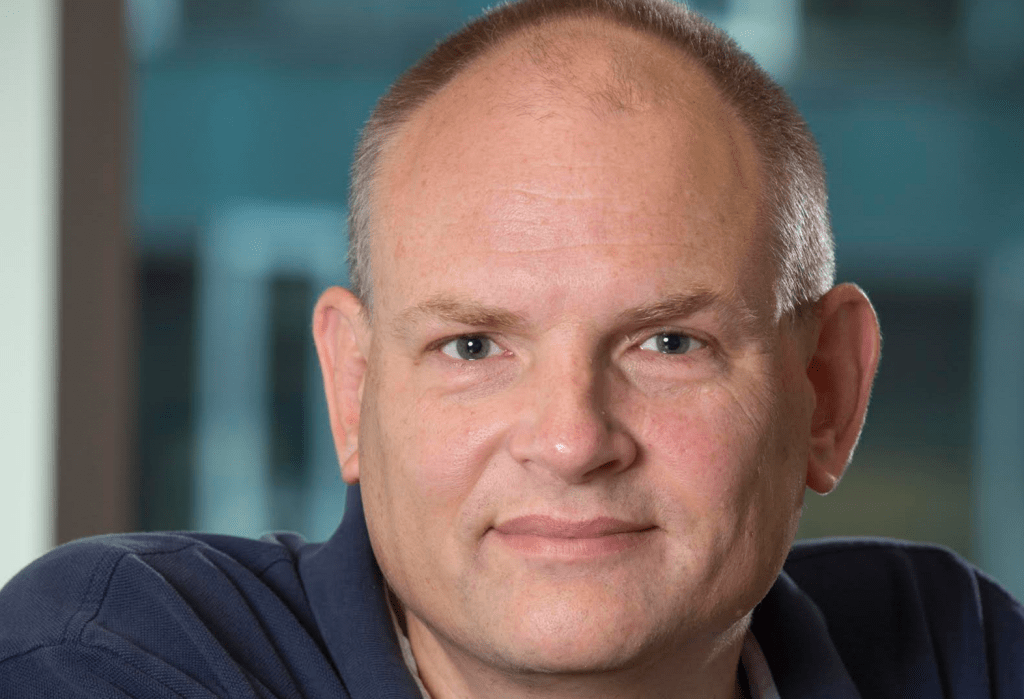Andrew Moore was a professor of computer science and robotics at Carnegie Mellon University for a dozen years when Google hired him away in 2006 to lead some of its efforts around ad targeting and fraud prevention.
CMU lured Moore back in 2014, making him the dean of its computer science school. But he still understands well what goes through his colleagues’ minds when industry comes calling, and he says the battle to keep them in academia grows fiercer by the year.
Earlier today, we talked with Moore about Uber, which famously raided the school’s robotics department a year ago, poaching 40 of its researchers and scientists. We also talked about how Moore entices people to stay, and the newest new thing his 2,000-student school is focused on right now. Our chat has been edited for length.
TC: Sorry to start with a question you’re surely asked too often, but just how big a hit did the school take when Uber recruited away some of your professors and researchers?
AM: This kind of thing happens from time to time, especially in fast-growing areas where academia and industry are advancing things all the time. In January 2015, Uber hired away four faculty and about 35 technical staff to start its Advanced Technologies Center in Pittsburgh. By the school’s standards, this is one of many examples where our faculty disappear for a while into industry. It happened to me. Usually, every year, between five and 15 faculty members take a leave of absence for one or two or up to four years. Some never come back. Most do.
TC: The perception was that this was a significant wave, though.
AM: And that public perception is what really hurts. The truth is we have about 40 faculty and four took a leave of absence for a while to work for Uber. Meanwhile, this is such a growth industry that we’ve hired 17 new faculty in the past year, about half in robotics and half in machine learning. It’s frustrating. We’re trying to find space for new robotics people, not suffering from a lack of them.
TC: What’s the school’s relationship with Uber like today? Is there one?
AM: We wish Uber the best. We don’t have an official relationship, but we’re friendly neighbors in the same city. It’s extremely good for Pittsburgh’s economy that blue-sky research is being turned into commercial products.
It’s a version of a phenomenon that’s sweeping [artificial intelligence] and robotics at the moment. There’s just so much demand for people that most of us in the academic world are working to ensure that people in academia are motivated to stick around and train the students. The U.S. really needs them to power this new frontier, and part of my job, working for one of the top [academic] organizations, is to produce the best of the best. To do that, I have to ensure these super-star professors are inspiring students to do radical new technologies that are even too new for startups.
TC: What incentives do you use to counter the money being thrown at your professors?
The first is really just idealism. The fact is that both autonomy and AI algorithms for human assistance can save a massive number of lives and prevent people from being at risk. We have an expert who has applied game theory to the problem of matching donor kidneys with patients and is saving hundreds of lives a year. We have a group of faculty that’s determined to make agriculture more efficient so that by the middle of the century, when we have nine billion people and much less arable land, we’ll be ready.
TC: But these companies are willing to pay so much.
AM: It’s kind of crazy that these top folks on the faculty, most of their peers who go into industry are wealthy and don’t need to worry about money anymore, whereas [professors are often left] worrying about sending their kids to college. It’s very tempting to go, which is why I and the department heads here have actually begun encouraging them to do a startup for a few years, or else work for big companies, and come back.
TC: So they can load up on salary and equity?
AM: Well, for two reasons. Our people are so much in demand that their overall wealth will increase even over a few years if they choose wisely. But it’s also inspiring to be involved in creating companies, and they often come back [to CMU] with big ideas.
I’m not making light of the issue. How to retain people who are worth tens of millions of dollars to other organizations is causing my few remaining hairs to fall out. But we’re also proud that because of their world-class stature, that they can do the entrepreneurial thing if they want.
TC: Has Uber tried recruiting you?
AM: I’m not going to make comments about who has recruited whom.
TC: Last year, the Robotics Institute — one of seven departments you oversee — developed a new master’s program in computer vision. What other very new programming are you developing and why?
AM: In the world of AI, one thing that wasn’t on the radar at all 12 months ago and has solidified since is human emotion recognition. A lot of it came out of our computer vision programming and [the school of psychology and psychiatry] at the University of Pittsburgh. And the number of visitors we now get from corporations and the government who want to come to CMU to find out more about it is astonishing.
There are many applications [to be developed] by being able to look at people’s micro expressions to see if they are stressed or happy or interested or sleepy, from better educational outcomes and medical treatments to security screenings. Thousands of people have worked on speech and written text, but reading human emotions is a big third part.































Comment